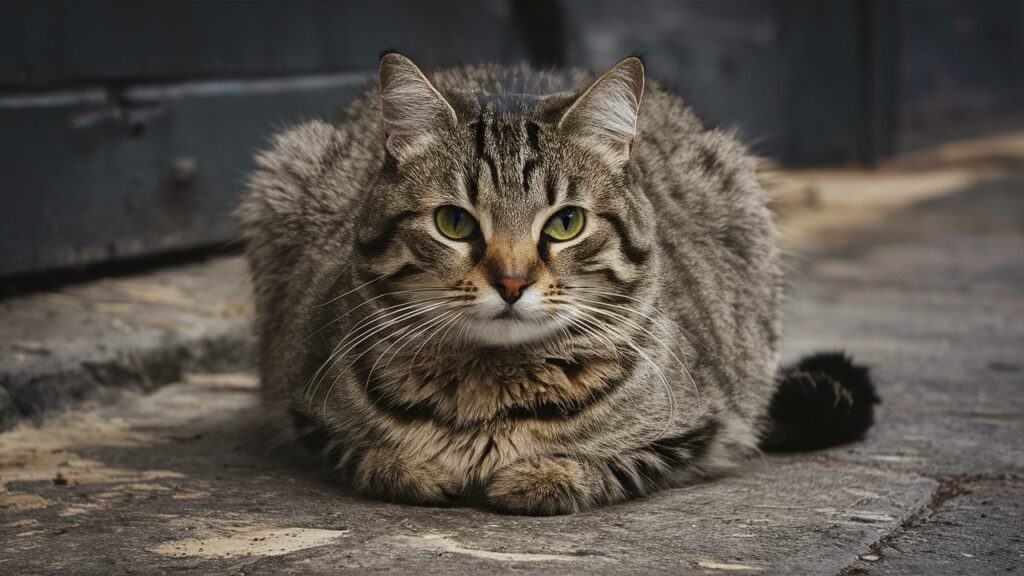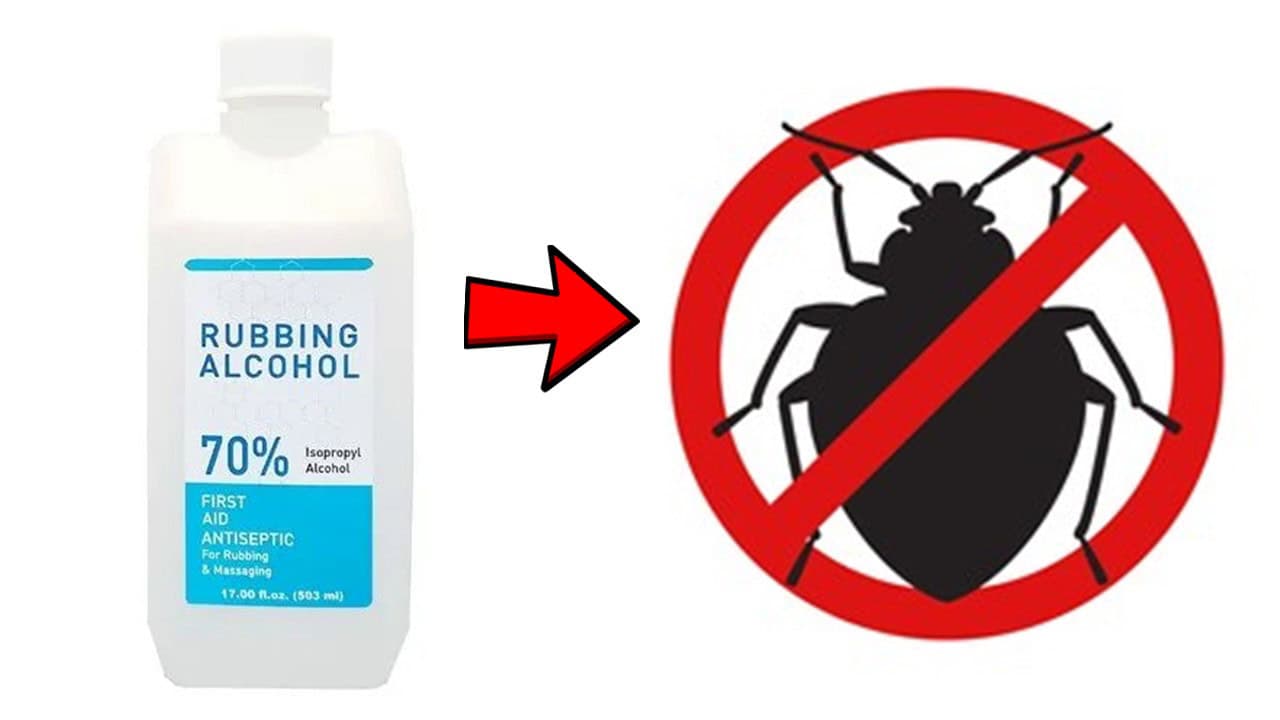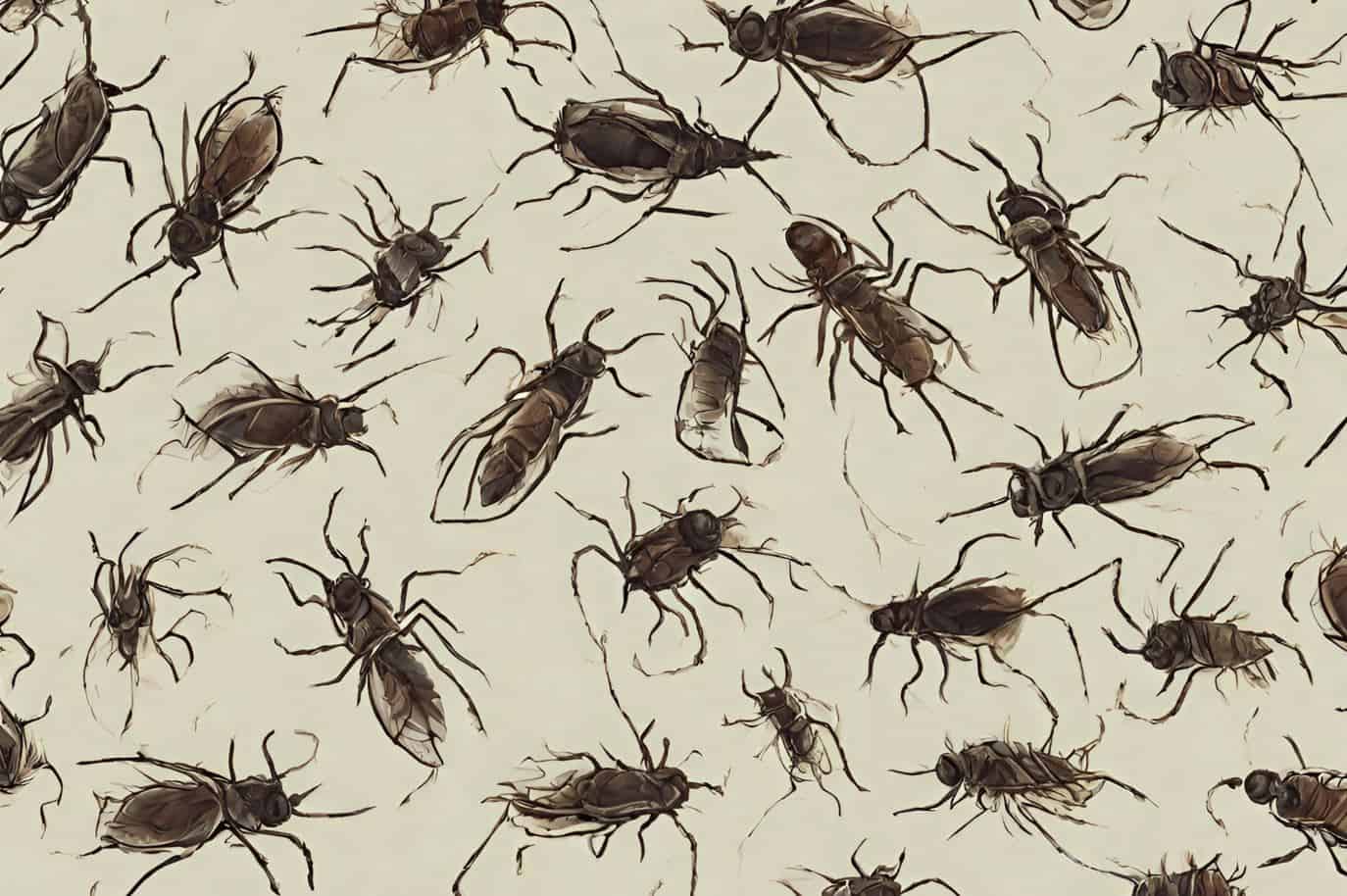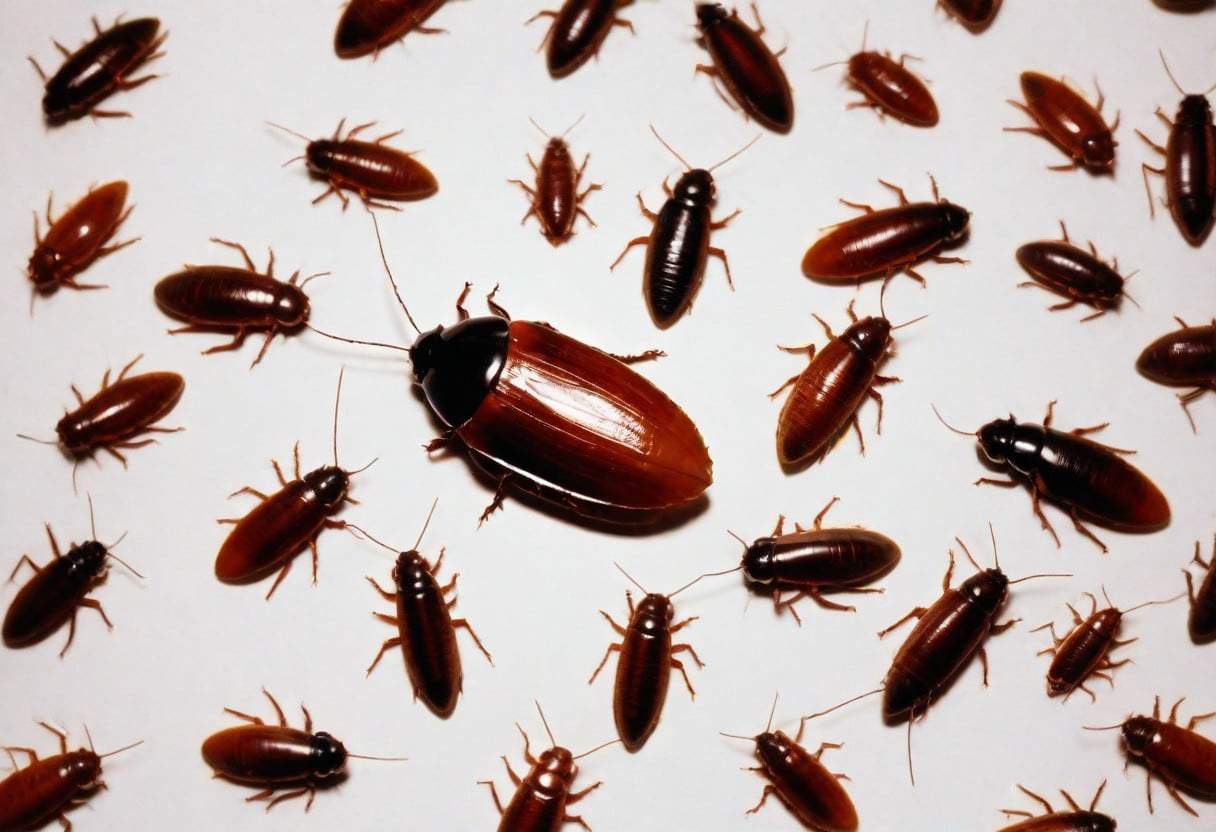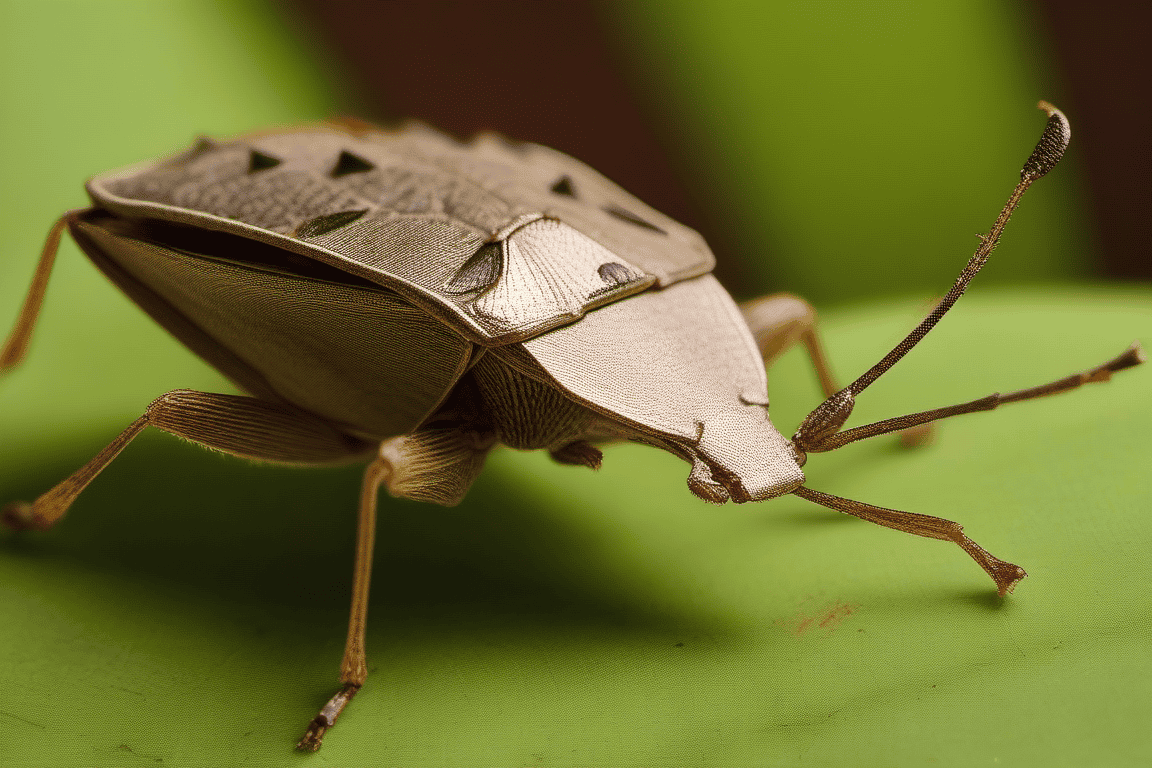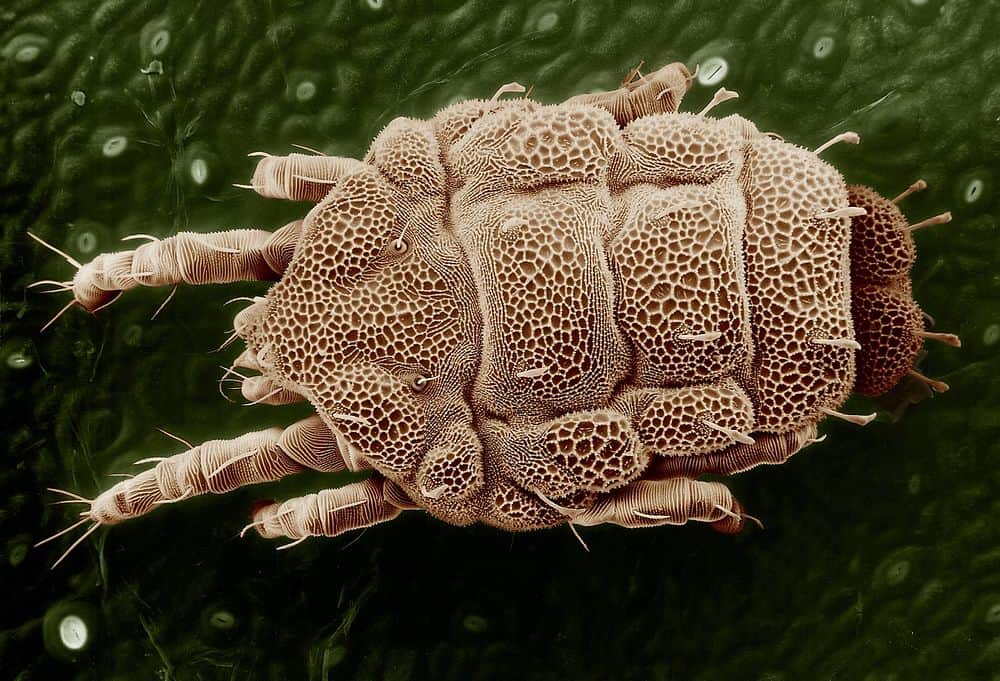A cat’s sense of smell is about fourteen times stronger than a human’s.
That means those mystery odors lurking in your home are likely on a new level for your feline friend.
Living with cats is entertaining, and they’re great furry friends.
But let’s face it, unwanted litter box smells can be a real downer. If your house is starting to feel less like a home and more like a giant litter box, don’t despair!
Today, we will take you on a journey to turn your home into a fresh-smelling feline paradise.
Forget harsh chemicals as we explore safe, effective methods to neutralize those cat odors.
We will show you how to create DIY cleaning solutions with common household ingredients and use enzymatic cleaners that break down the source of the smell at a molecular level.
Stick around till the end to arm yourself with the knowledge to create a fresh-smelling haven for you and your furry companion.
So grab a spray bottle (filled with natural solutions, not chemicals!), and let’s turn your house into a feline-friendly haven with a fresh, delightful scent!
Table of Contents
What is Cat Smell?
Cat smell in a house consists of various scents, including urine, feces, dander, and their natural musk.
While some may find it comforting or endearing, it can be overpowering and unpleasant for others.
Note that the cat odor is not just from one source but a combination of factors that contribute to the overall smell.
The main factor in cat odor is their urine, which contains strong-smelling compounds that can linger long after cleaning.
Besides, cat dander, shed skin cells that contain allergens, can lead to a musty smell if not properly managed.
Understanding these various components of cat smells helps tackle them and create a fresher environment.
Addressing each aspect individually with targeted cleaning methods and agents goes a long way in minimizing or eliminating the lingering odors.
So, what are the methods to eliminate cat smell in your home?
1. Clean the litter box and change the litter
Keeping your cat’s litter box clean and changing the litter is crucial for odor control and your cat’s health and well-being.
A dirty litter box can lead to bacterial growth, ammonia build-up, and unpleasant smells in your home. Scoop out waste daily and change the litter once a week to maintain a hygienic environment.
Cleaning the litter box may seem tedious, but the benefits outweigh any inconvenience.
A fresh litter box reduces the risk of urinary tract infections in cats and ensures they have a comfortable place to relieve themselves.
Cleaning their box reinforces good hygiene habits that will benefit you and your pet in the long run.
Remember that keeping a clean litter box isn’t just about eliminating odors; it’s about creating a safe space for your cat to do their business without unnecessary stress or health risks.
So, make it a habit to prioritize this simple yet essential chore each week to maintain a harmonious living environment for you and your four-legged companion.
2. Wash pet bedding
Washing your pet’s bedding can reduce pesky cat smells in the house.
Pet beds can quickly accumulate dirt, fur, and odors, creating a breeding ground for unpleasant scents.
Regularly washing the bedding helps remove these odors and provides a fresh and clean sleeping environment for your furry friend.
When washing pet bedding, use a pet-safe detergent free from harsh chemicals or fragrances.
Opting for a hypoallergenic and eco-friendly detergent ensures your cat’s sensitive skin is not irritated by any residual chemicals after washing.
Use a gentle fabric softener or vinegar rinse to neutralize odors and leave the bedding smelling fresh without overwhelming artificial scents.
Also, ensure to follow the label’s instructions. Ensure you thoroughly dry the pet bedding after washing to prevent mold or mildew growth, which can exacerbate foul odors in the house.
Sun-drying the bedding is an effective natural way to kill bacteria and eliminate lingering smells while reducing environmental impact compared to machine drying.
Incorporate regular washing of your cat’s bedding into your cleaning routine to combat unwanted smells and promote a healthier living environment.
3. Groom your cat regularly
Cat grooming is not just a task – it’s a bonding experience that can help reduce unpleasant cat smells in your home.
Cats groom themselves instinctually but can benefit from regular brushing to remove loose fur and dander, contributing to odors.
Grooming helps distribute natural oils on their skin, promoting a healthier coat and reducing the likelihood of skin issues that can lead to odors lingering around the house.
Investing time in grooming sessions with your feline friend can also help you detect underlying health issues early on.
Check their coat, skin condition, and overall demeanor during grooming sessions.
You may notice changes that require veterinary attention before they escalate into severe problems.
Moreover, regular grooming prevents hairballs and excessive shedding – common culprits behind persistent cat smells in homes.
So, grab the brush and turn grooming into a pleasant routine for you and your furry companion!

4. Vacuum your home regularly
Another excellent way to combat cat smells is to vacuum regularly.
Cat dander and fur can accumulate on carpets, furniture, and other surfaces, contributing to unpleasant odors. Vacuuming removes these allergens and keeps your home smelling fresh.
In addition to tackling visible pet hair, a vacuum with a HEPA filter can help trap smaller particles responsible for lingering odors.
This advanced filtration system captures microscopic allergens, ensuring the air in your home remains clean and free of pet-related smells.
Pay extra attention to areas where your cat likes to lounge or sleep, as these spots are likely hotbeds for odor-causing particles.
5. Spray and dry your home with vinegar solution
Spraying your home with vinegar can be a game-changer when eliminating those pesky cat smells.
Vinegar has potent acidic properties and does more than mask odors – it neutralizes them at the source.
Create a simple solution of water and vinegar in a spray bottle and mist it around your home to combat lingering cat smells. After letting the vinegar solution sit for about 30 minutes, thoroughly dry the sprayed areas.
This step is crucial in ensuring the eradication of odor-causing bacteria.
Drying prevents potential damage or staining on surfaces due to prolonged exposure to moisture.
So, next time you battle stubborn cat odors in your house, don’t underestimate the power of this natural and budget-friendly remedy!
6. Sprinkle baking soda
Baking soda is a simple yet effective substance to combat persistent cat smells in your home.
This versatile ingredient is a natural deodorizer, absorbing odors and leaving behind a fresh scent.
To use baking soda, sprinkle it on carpets, rugs, furniture, or any other areas where the smell lingers.
Let it sit for at least 15 to 30 minutes before vacuuming it up to reveal odor-free surroundings.
Baking soda also neutralizes acidic components in cat urine that contribute to foul smells.
Its gentle abrasiveness helps lift stains and residue while its odor-absorbing properties tackle the source of the unpleasant scents.
Add baking soda to your cleaning routine to eliminate cat smells and create a pleasant environment for you and your feline friend.
7. Use hydrogen peroxide
Another effective solution to combat cat smells in your house is by using hydrogen peroxide.
This powerful cleaning agent helps eliminate odors and disinfects the affected areas, making it a versatile solution for pet owners.
Mix hydrogen peroxide with water and dish soap in a spray bottle and liberally apply it to the odor source.
Allow it to sit for fifteen minutes before cleaning using a dry cloth.
The bubbling action of hydrogen peroxide helps lift away stains and neutralize unpleasant smells, leaving your home fresh and clean.
Meanwhile, the dish soap will leave your home smelling fresh.
You can use hydrogen peroxide on various surfaces without causing damage or discoloration. It removes urine stains and odors from carpets, upholstery, and cat litter boxes.
8. Spray enzymatic cleaners
When removing stubborn cat smells from your home, enzymatic cleaners can be a game changer.
These cleaners contain enzymes that break down organic matter, such as urine and other pet odors, at a molecular level.
Unlike traditional cleaners that merely mask odors, enzymatic cleaners target the source of the smell, ensuring a thorough and long-lasting solution.
An advantage of enzymatic cleaners is their versatility in tackling various surfaces and materials.
From carpets to hardwood floors, upholstery to clothing, these cleaners combat cat smells wherever they may linger.
Many enzymatic cleaners also come in convenient aerosol cans or trigger bottles, easy for quick touch-ups or targeted applications.
Conclusion
Banishing cat smells from your house can be daunting without the appropriate methods and agents.
Follow the simple and effective tips we’ve discussed to enjoy a fresh and odor-free living space.
Remember to regularly clean your cat’s litter box and use enzymatic cleaners on soiled areas for freshness.
All you need is effort and clever solutions to say goodbye to those pesky cat odors for good!
So, what are you waiting for? Tackle those odors with gusto and reclaim your home as an oasis of freshness – your nose will thank you!

